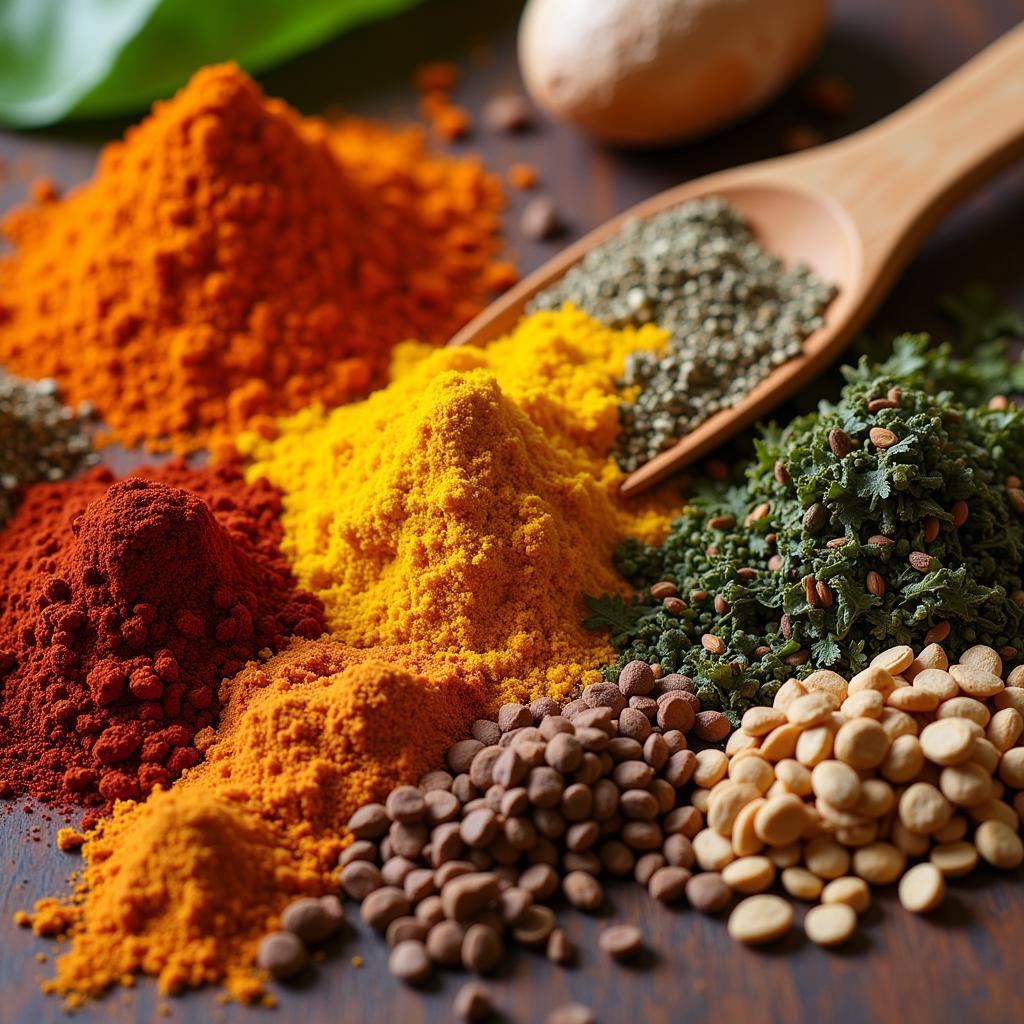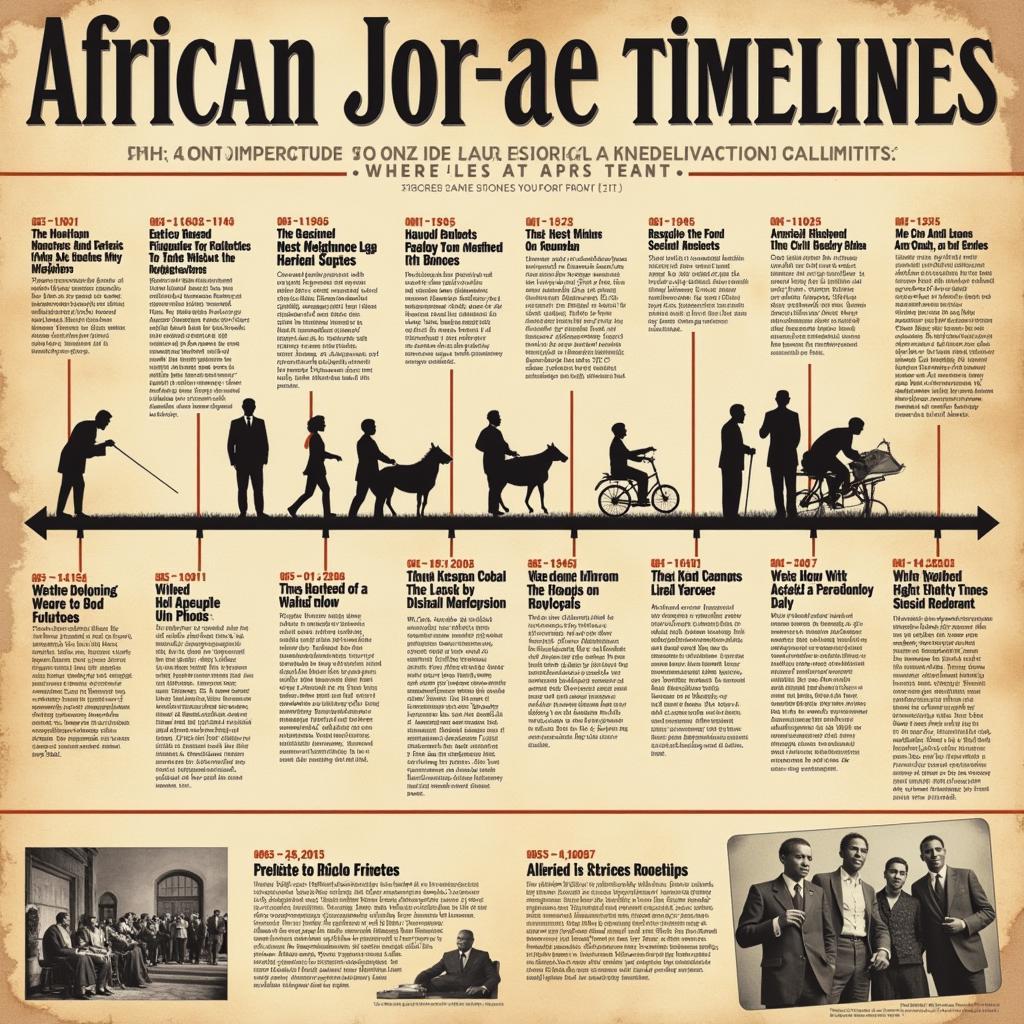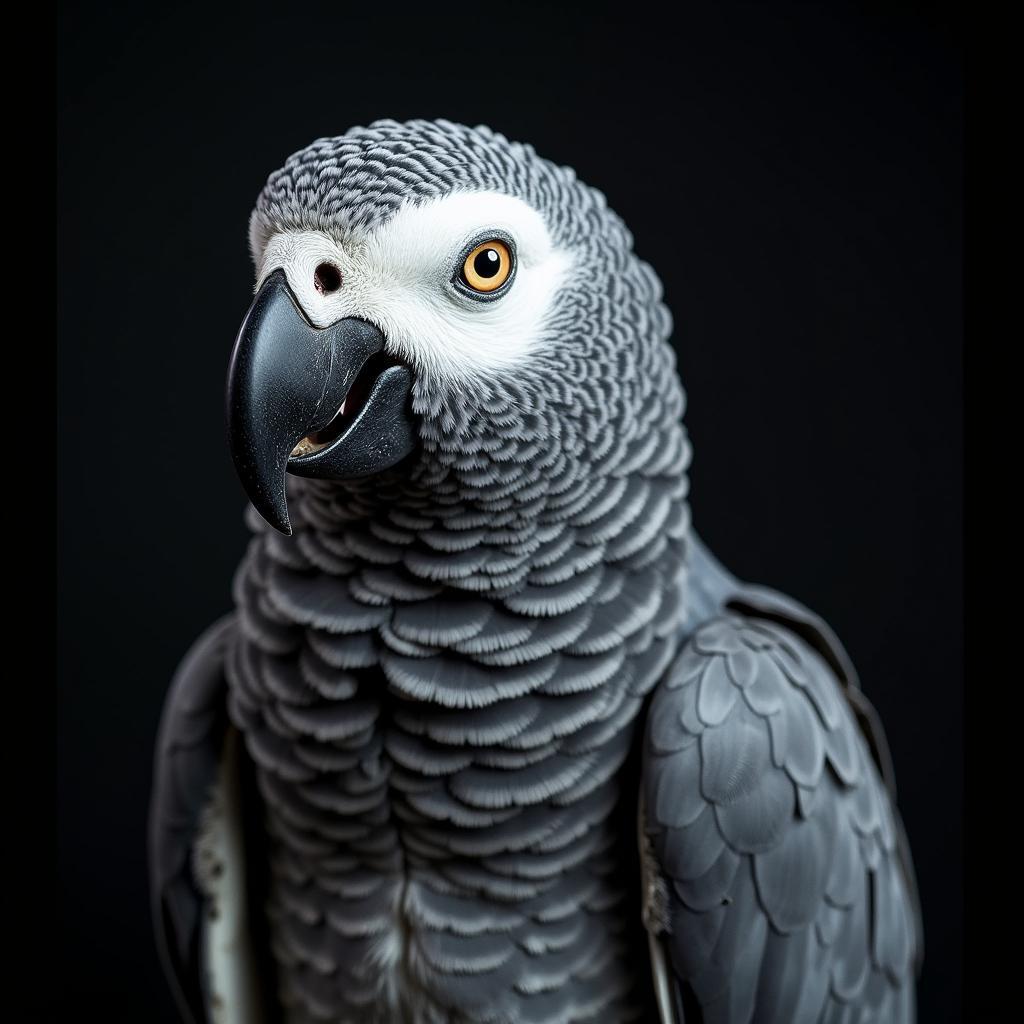A Delicious Journey: Exploring African Food Names and Their Stories
From spicy stews to hearty grain dishes, African food is as diverse and vibrant as the continent itself. But behind each dish lies a name, often a story – a glimpse into the history, culture, and traditions of the people who created it. Let’s embark on a culinary adventure, exploring the fascinating world of African Food Names.
Unveiling the Significance of Names in African Cuisine
In many African cultures, food is more than just sustenance; it’s a celebration of life, a way to connect with family and community, and an expression of identity. The names of dishes often reflect this deep cultural connection, providing clues to the ingredients, cooking methods, and even the social context in which they are enjoyed.
For example, the name might hint at the geographic origin of a dish. Take “Thieboudienne,” a beloved Senegalese specialty. The name, derived from the Wolof language, translates to “rice and fish,” indicating the dish’s two primary ingredients. Similarly, “Nyama Choma,” a popular grilled meat dish in East Africa, derives its name from the Swahili word for “burnt meat.”
A Glimpse into Linguistic Diversity: African Food Names Across Languages
As we journey through the continent, we encounter a tapestry of languages, each contributing to the rich lexicon of African food names. From the Berber languages of North Africa to the Bantu languages spoken across sub-Saharan Africa, each language brings its own flavors to the culinary world.
In Morocco, “Tagine” refers to both a slow-cooked stew and the earthenware pot in which it’s cooked. The word itself comes from the Berber language, highlighting the indigenous roots of this iconic dish. Meanwhile, in West Africa, “Fufu,” a starchy side dish made from boiled and mashed root vegetables, takes its name from the Twi language of Ghana.
Beyond Literal Translations: Stories Embedded in African Food Names
Some African food names go beyond literal descriptions, weaving in tales of history, folklore, and even humor.
Take “Jollof Rice,” a West African favorite characterized by its vibrant red color and smoky flavor. The dish’s origins are debated, with Senegal, Gambia, and Nigeria all claiming it as their own. One theory suggests that the name “Jollof” originates from the Wolof word “Benachin,” meaning “one pot,” reflecting the dish’s simple yet flavorful preparation.
In Ethiopia, “Injera,” a spongy flatbread made from fermented teff flour, is more than just a staple food; it’s an integral part of Ethiopian dining culture. The act of sharing Injera with family and friends is a gesture of hospitality and togetherness, reflecting the communal spirit of Ethiopian society.
 Aromatic African Spices and Herbs
Aromatic African Spices and Herbs
African Food Names: A Celebration of Diversity
Exploring African food names is a journey of discovery, revealing the intricate connections between language, culture, and cuisine. From the descriptive to the metaphorical, these names offer a tantalizing glimpse into the heart of African culinary traditions.
Whether you’re savoring a plate of “Bunny Chow” in South Africa, indulging in “Doro Wat” in Ethiopia, or enjoying the spicy kick of “Piri Piri Chicken” in Mozambique, remember that you’re not just tasting food, you’re experiencing a story, a legacy passed down through generations.
FAQs About African Food Names
What is the most popular African food?
It’s hard to pick just one! However, some of the most widely enjoyed African dishes include Jollof Rice, Nyama Choma, Piri Piri Chicken, and Tagine.
Do African food names vary within countries?
Yes, due to the linguistic diversity within many African nations, dish names can vary significantly from region to region.
Are there any resources for learning more about African food and its history?
Absolutely! Websites like Omenka Mag and culinary blogs dedicated to African cuisine are great resources. You can also find insightful information in books and documentaries on African food culture.
Ready to explore more fascinating aspects of African culture? Delve into the world of African Iskcon or discover the intriguing African Wild Dog. The richness of the continent awaits!
For any assistance, please contact us at:
Phone Number: +255768904061
Email: kaka.mag@gmail.com
Address: Mbarali DC Mawindi, Kangaga, Tanzania
Our customer care team is available 24/7.

